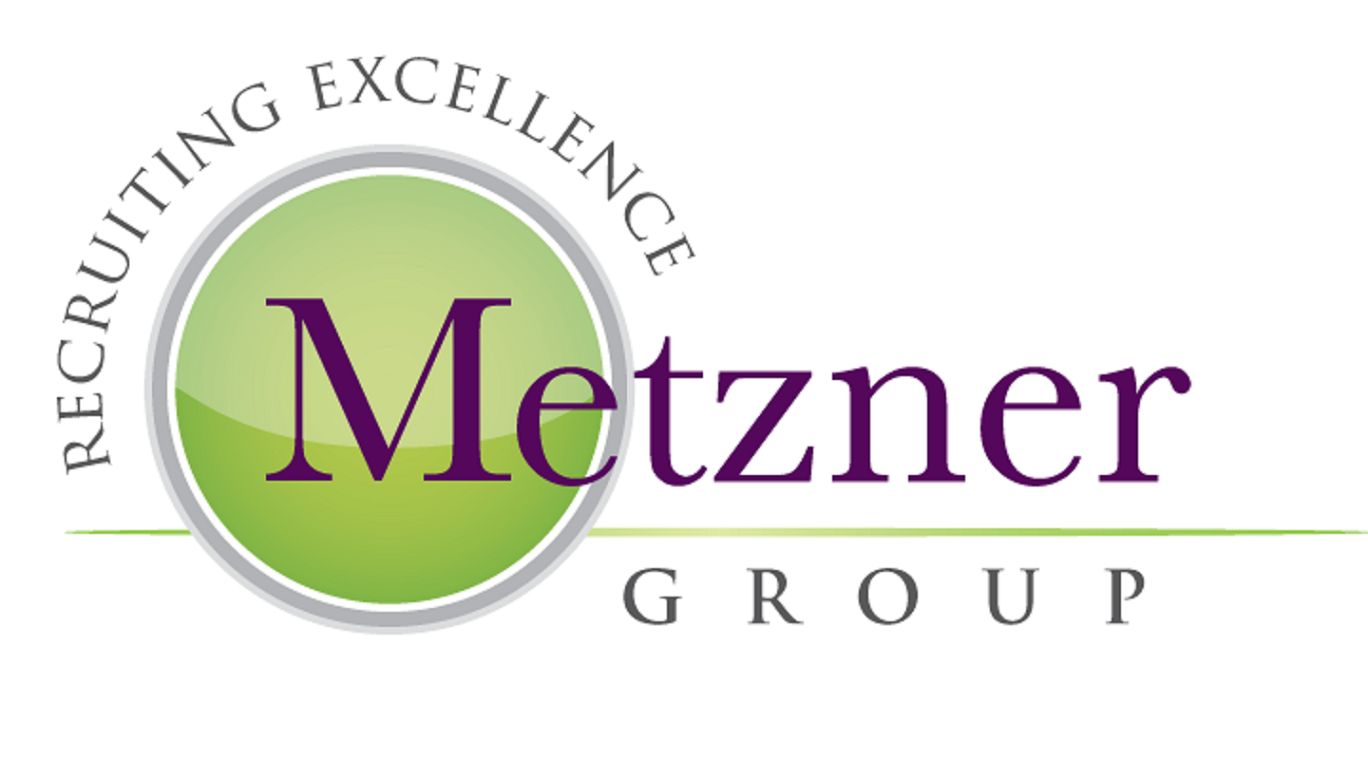Acknowledging Emotions in Job Change & Recruiting

Recently a LinkedIn connection commented on a posting that I put emotion in my recruiting. It implied that was not a good quality and one should focus on facts when talking to candidates. Job change, whether by choice or force, brings with it a myriad of emotions. When talking with potential candidates, I think it is critical to understand the “feelings” that accompany the logical factors that go into a decision to explore new opportunities.
Based on 35 years of my market specialty of executive search in the A/E sector, the majority of clients and candidates working with me are self-described logical thinking types. Recently, I read a description of logical thinking decision makers as one in which “skills require and involve a progressive analysis, for example, by weighing all available options, using facts and figures, and making important decisions based on the pros and cons. They do not take into account the elements of feelings and emotions.” Using logical thinking only and ignoring the strong emotions that are involved in leaving one employer for a next is a recipe for disaster.
Many of us spend more hours working then not. Even with Covid-19, our computers and phones keep us connected to colleagues and bosses. Board of Directors, leadership teams and project groups still meet. We foster connections that feel like an extension of our families. Leaving an employer means disappointing friends, colleagues, bosses and clients. Even when leaving for an outstanding career opportunity, it is common to experience some sense of loss. Not acknowledging the feelings involved will also lead candidates to be shocked when counter offers are made, which combine money and guilt. If one is fired from their job, then a host of rational and irrational emotions come up to the surface. Again, no acknowledgement will lead a candidate to possibly accept a bad job offer.
So, job change is rarely made without emotion. Utilizing logic and understanding the emotions with job change and decision-making can help you to make a solid, rational decision. Choosing a recruiter who understands both, can help you to navigate the less than smooth waters and get you successfully to your destination.
The Metzner Group Blog



